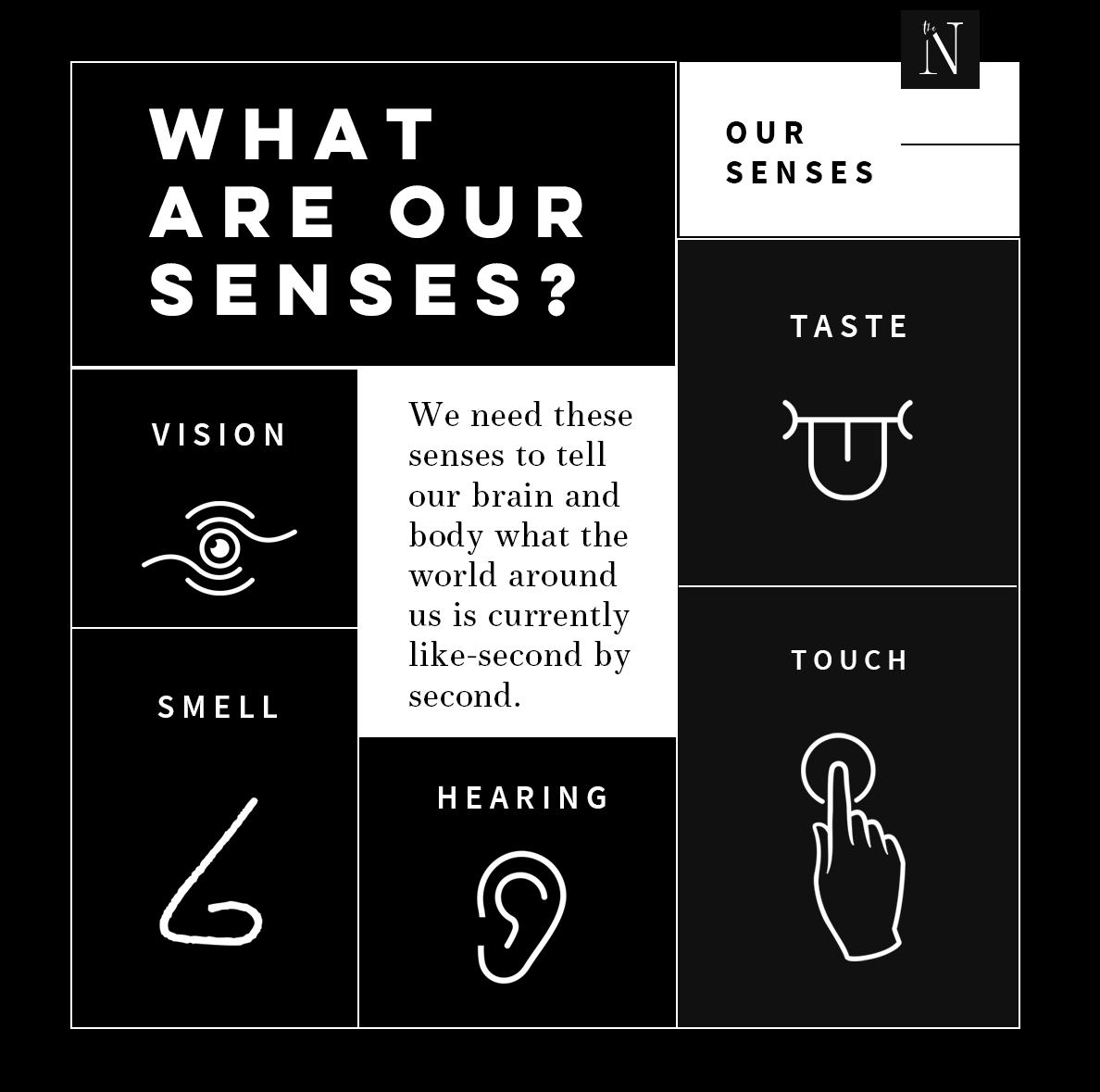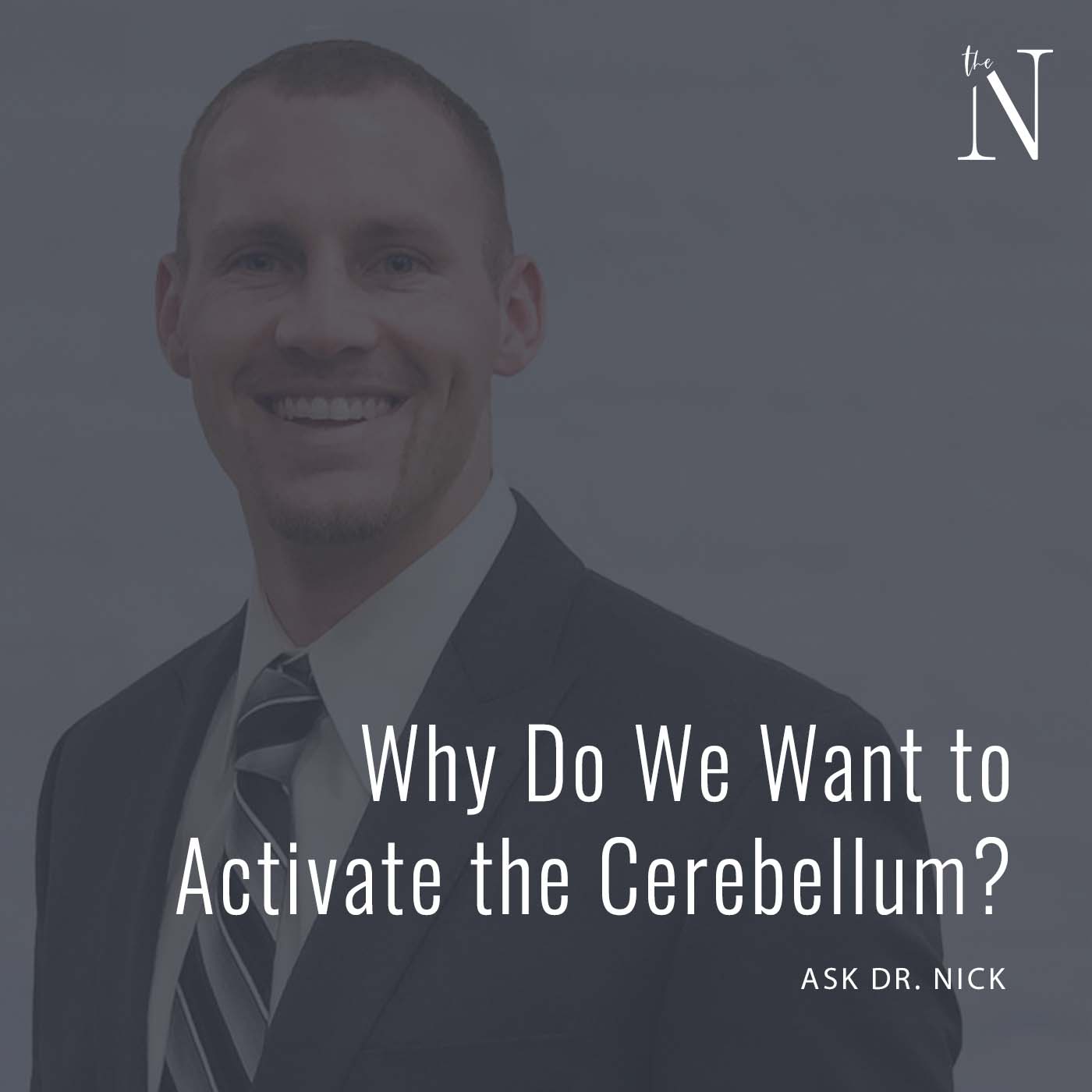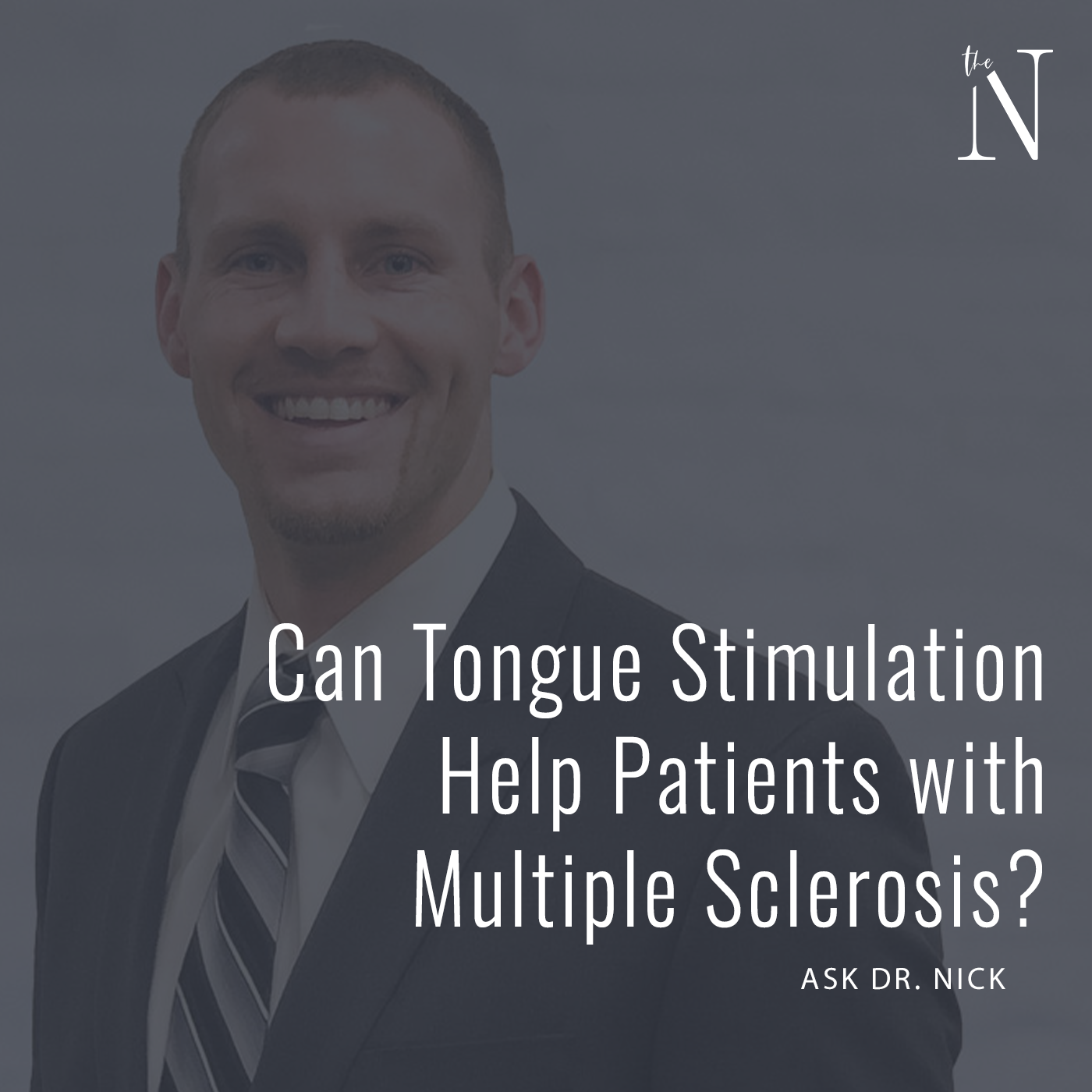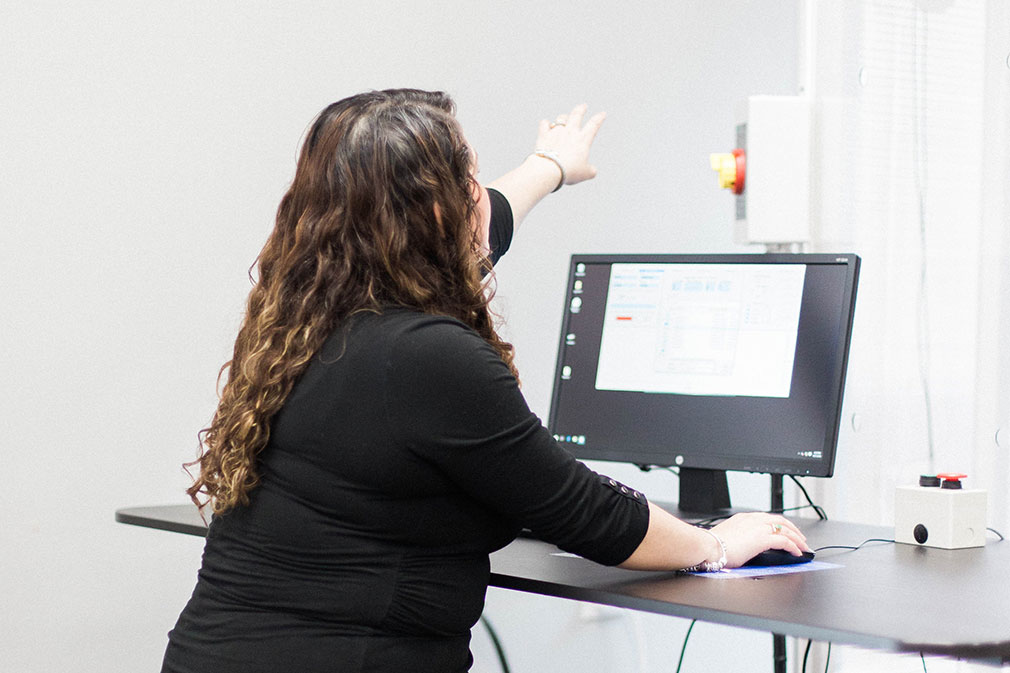
Smell and taste are processed in the same region of the brain, the “orbitofrontal cortex”. This brain region helps to discriminate between scents and tastes based on the amount of pleasure you would expect to get if you ate the food you are smelling/tasting. This predicted pleasure is based on a number of factors, such as hunger level, and prior experience with the food. However, certain food-related factors are particularly pleasurable such as: high-calorie, high-fat, and sugar-heavy foods.
Once a food with a high pleasure value is identified, the brain’s reward circuitry, primarily involved with dopamine, is activated. Interestingly, foods do not have to be eaten to create a dopmine/reward signal in the brain. Foods can be smelled, seen, and just thought of, and still create activity in that same brain network. Therefore, it is possible, and used commonly, to alter scents in the room, as well as pictures and colors in the room, to alter a person’s likelihood of choosing what to eat, how much to eat, and when to eat.
An interesting point the research has shown is if you give someone a scent of a “pleasurable” food, typically an unhealthy food, for more than 2 minutes, it actually leads to reduced purchasing of unhealthy foods. The theory is that the smell of the unhealthy food for an extended period of time “satisfies” the pleasure/reward areas of the brain and people then have the ability to make a more informative decision over their food vs an emotional decision. Fascinatingly, if this scent is presented for shorter than 2 minutes, it leads to people buying more unhealthy foods, possibly suggesting the pleasure/reward system in the brain was stimulated by the scent, but not satisfied. Therefore, people were led to eating the unhealthy food to finish the urge.
The use of smell and other brain stimulation techniques is a way that can work for you or against you when trying to lose weight. For more information on The Neurologic Wellness Institute and the type of patients our clinicians work with, schedule a consult with one of our patient care coordinators.
Reference:
Biswas D, Szocs C. The smell of healthy choices. Journal of Marketing Research. 2018.




